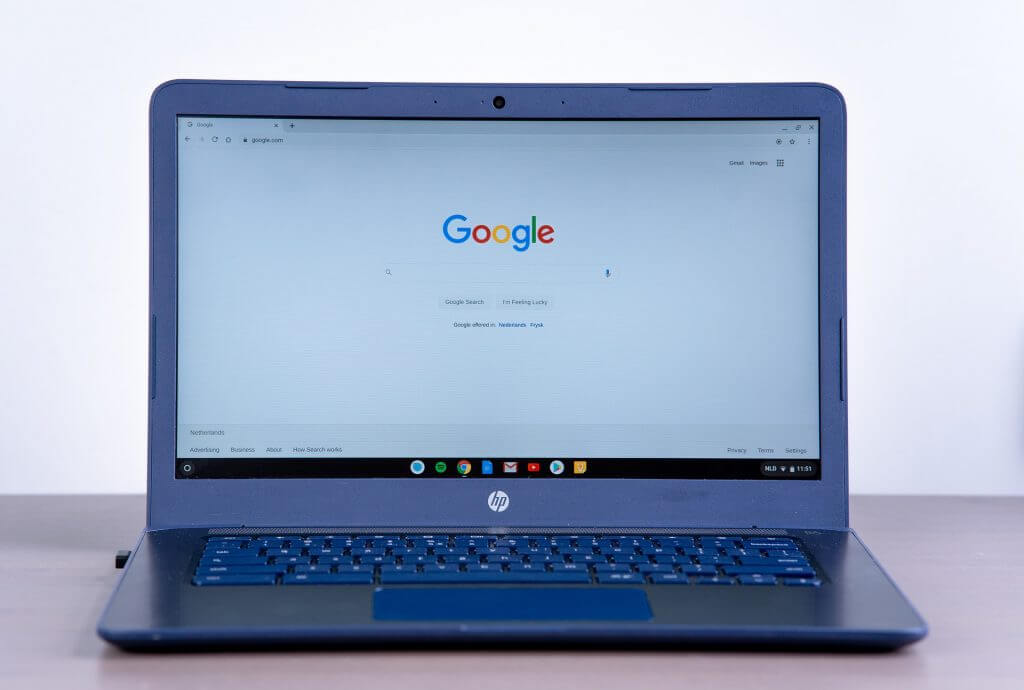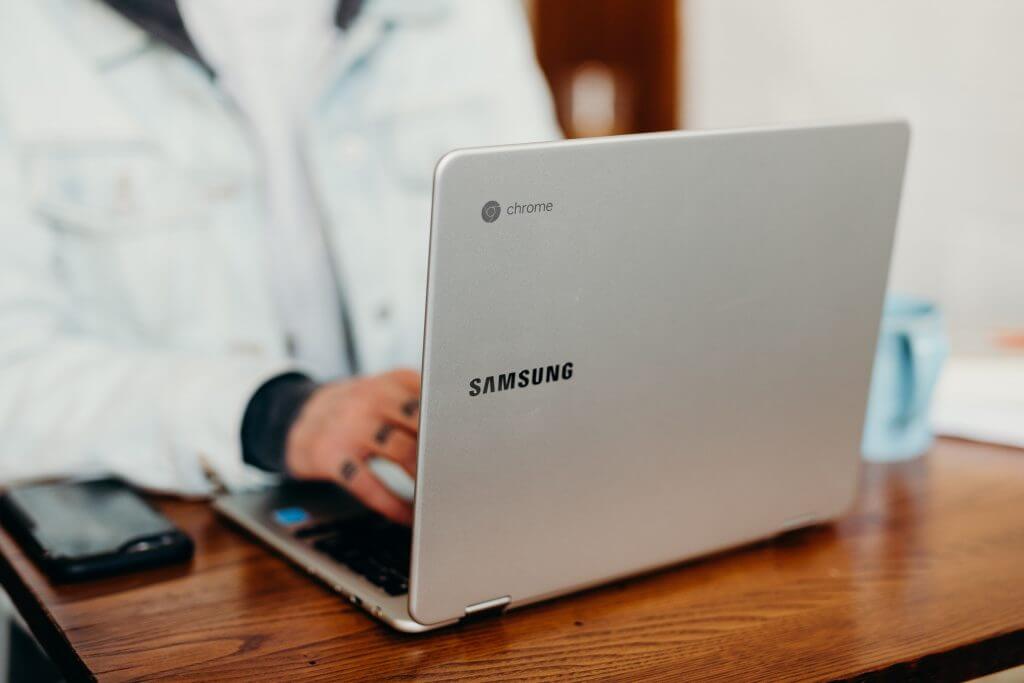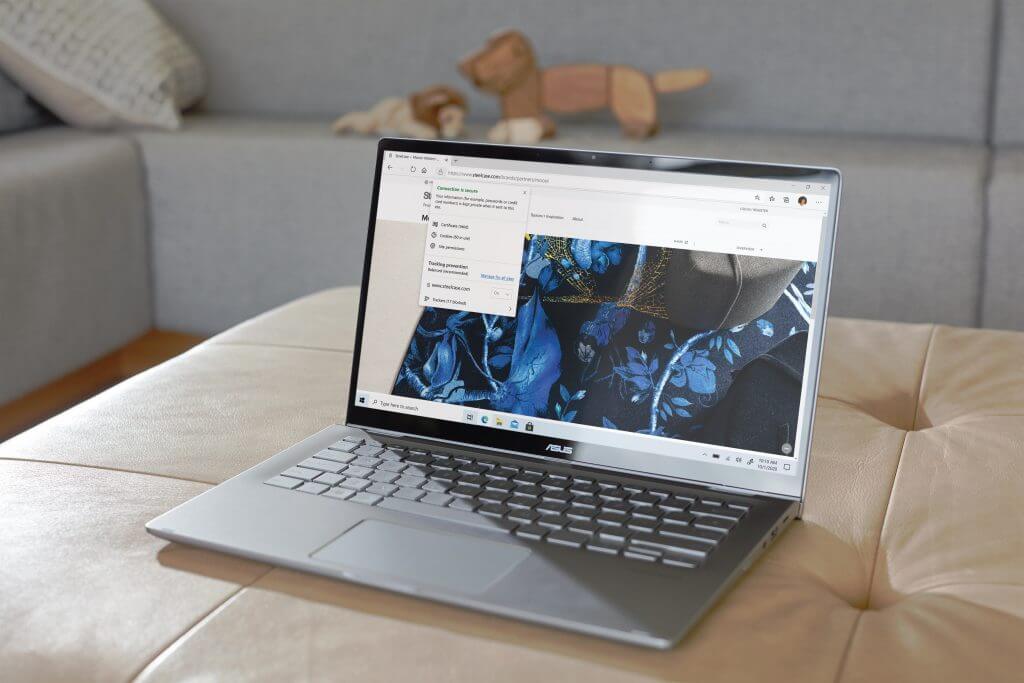
If you’ve been looking to purchase a new laptop, you may have noticed plenty of Chromebooks that are in the lower price range compared to traditional laptops. Should you buy a Chromebook instead of a laptop?
Knowing the strengths and weaknesses of Chromebooks vs laptops can help you make the best buying decision for your needs and budget.
In this buying guide, you can learn about the features of Chromebooks and how they compare to traditional laptops.
What Is a Chromebook?

A Chromebook is a type of laptop that runs on the Google Chrome operating system (OS) rather than a Windows or Macintosh OS that is on a regular laptop. Chromebooks are primarily intended to be used while connected to the internet.
Chromebooks boot up faster than most laptops and have longer battery life. The Chrome OS is designed to run as a lightweight system that is intended to help you with productivity tasks, lighter computing tasks such as internet browsing, word processing, video streaming, and light gaming. They have limited internal storage because the user is intended to store most of their files in the cloud.
Most Chromebooks do not have the ability for onboard software programs like Microsoft Outlook or Adobe Photoshop. Instead, the user is expected to use online programs like Gmail and Google Docs. The good news it that there are many apps and programs available for you on a Chromebook.
If you’re a user of Google’s suite of online products (Gmail, Drive, Chrome, etc.) already, you’ll enjoy how a Chromebook easily integrates with your Google account. A newer Chromebook feature is the ability to run Android or Linux apps. This means Chromebooks have access to add apps from the Google Play store, including Microsoft Office for Android. Although most of these apps are meant to be run while online, there are several hundred apps that can also be run offline.
How Much Do Chromebooks Cost?
Most Chromebooks range from about $175 to $500, although there are some premium Chromebook models that are closer to the $1,000 range. With plenty of good Chromebook deals out there, you should be able to find one that fits your budget. Laptops can start in the range of the low hundreds but can go into several thousands of dollars as you add more features such as the latest CPU (central processing unit), graphics card, storage, and/or software.
Do Chromebooks Have Enough Speed and Storage?
Every Chromebook purchase currently comes with a free 100 GB of Google Drive storage (Google’s cloud storage) for one year. Many Chromebooks come with just 32 MB of built-in storage. This should be plenty unless you have a Chromebook that allows you to add Android or Linux apps. If you plan to make use of that feature, consider a Chromebook with at least 64 MB built in or one that allows you to add storage space with an SD card.
Core processors will offer faster speeds and ability to handle more multitasking than a Celeron or Pentium processor. If you like to have many browser tabs open–playing music while you work on Google slides and browse Facebook–consider paying more for a Core processor. However, Chromebooks running on a Celeron or Pentium processor will still perform faster than laptops with these same chips, because the Chrome OS is so light and streamlined.
What Styles and Features of Chromebooks Are Available?

There are a variety of brands and styles of Chromebooks available, including those with touch screens and some that can separate the screen from the keyboard to function as a tablet. In this way, they are much like today’s laptops. Brands of Chromebooks include those that also manufacture traditional laptops, such as Dell, Samsung, HP, Lenovo, Acer, Toshiba, and Asus.
Because they are so efficient, Chromebooks offer great battery life, with many topping the 8-hour mark. Chromebooks typically offer only a wireless connection. Be on the lookout for USB or video (HDMI) ports you might need as these machines are built to be small and light.
The 1080p resolution of most Chromebooks should provide sufficient screen clarity for most mid-range screen sizes (13 to 15 inches). Watch out for lower resolution on some cheaper Chromebooks. There are high-resolution options available for users who may require it for gaming or graphics.
Chromebook vs Laptop: Which Should You Buy?

The decision between a Chromebook and a laptop comes down to your preferences and intended use. If the user plans to spend most of their time doing tasks in a web browser, the Chromebook is a great choice.
Chromebooks are secure, lightweight, and portable, taking advantage of modern cloud computing. They make sense for fans of Google and Android products.
Chromebooks boot up faster than most laptops and have longer battery life. The Chrome OS will install its own updates, and the user doesn’t have to have knowledge of how to install and uninstall programs. Chromebooks can be affordable and reliable choices for students and great for all-day use on the go with their extended battery life. The latest Chromebook models are offering more features to compete with laptops. You can get a decent Chromebook at the low end of the price range for a laptop, because they don’t come packed with all the extras.
On the other hand, if the user needs power and the ability to install and run traditional software programs, a laptop makes more sense. Those who prefer the familiarity of a Windows or Macintosh OS and local storage may also prefer a more traditional laptop. With laptops, you’ll pay more for higher speed, more storage, and sleek design features so choose the options that best fit your budget and intended use.
Between Chromebooks and laptops, there are plenty of reliable computing options to meet the needs of today’s users.
Share this:




